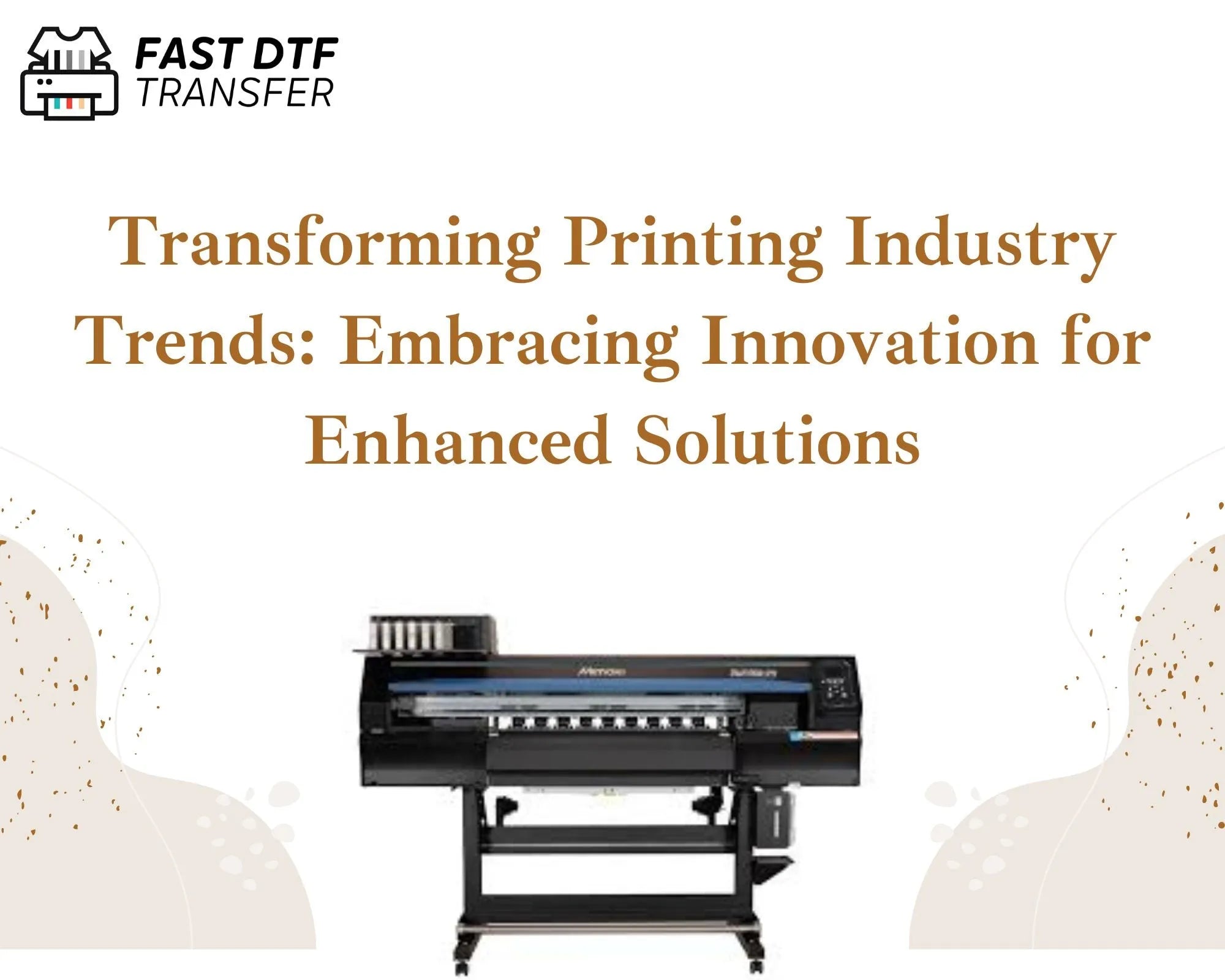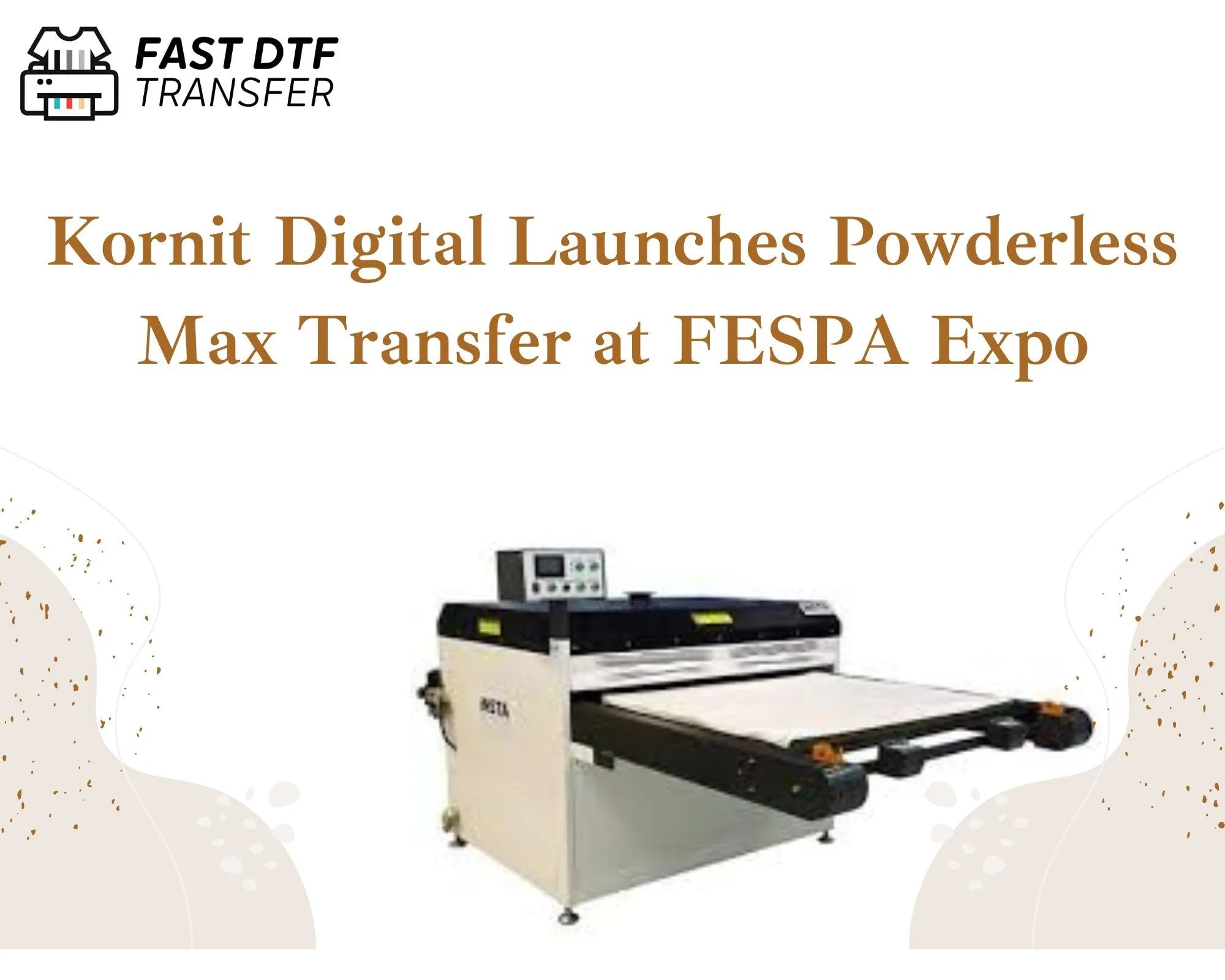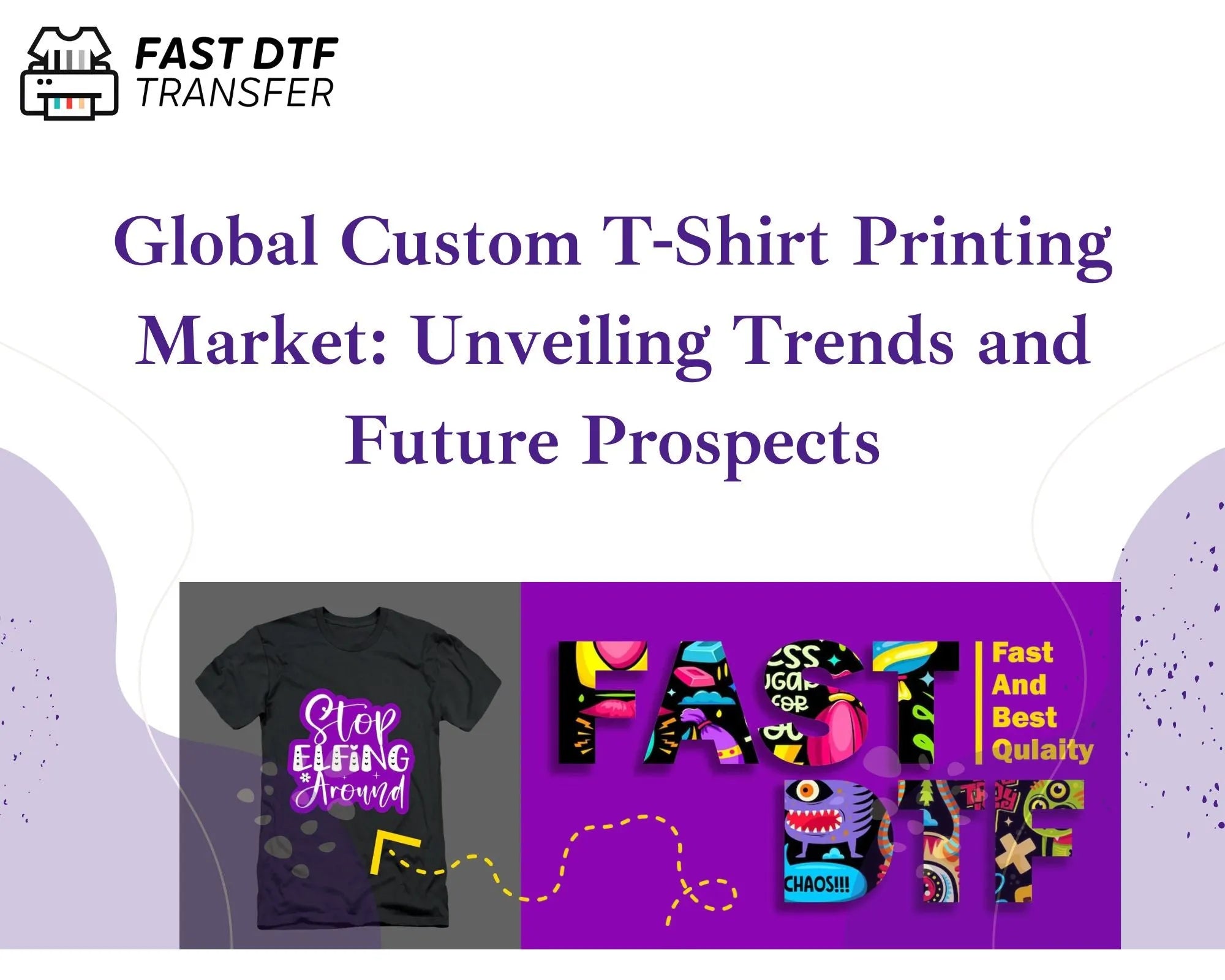
Transforming Printing Industry Trends

Printing Industry
The printing industry is continuously evolving, influenced by advancements in technology, shifting consumer preferences, and sustainability efforts. In 2024, several key trends are reshaping the industry, offering new opportunities for growth and efficiency. Let’s explore the major trends transforming the printing industry.
Digital Printing Dominance Printing Industry
Digital printing continues to dominate the industry due to its flexibility, cost-effectiveness, and ability to produce high-quality prints quickly. With minimal setup costs, digital printing is ideal for small-run and on-demand projects. This shift enables businesses to offer personalized products to customers without high overhead costs.
Eco-Friendly Practices
As environmental awareness grows, the Printing Sector is adopting more sustainable practices. The use of eco-friendly inks, recyclable materials, and energy-efficient processes is on the rise. Digital printing, in particular, contributes to sustainability by reducing waste compared to traditional methods that require screens and large quantities of chemicals.
3D Printing Expansion
3D printing technology is expanding beyond prototyping and is being integrated into manufacturing processes. Industries like healthcare, automotive, and fashion are using 3D printing for custom parts, products, and prototypes. This innovation reduces production costs and waste, while enabling greater customization for clients.
Personalization and Customization
Personalization is a growing trend in the printing industry, with consumers demanding custom products. Whether it's personalized apparel, accessories, or home décor, digital printing offers limitless possibilities for customization. Companies are using digital technology to meet this demand efficiently, creating unique, one-of-a-kind products.
Smart Automation and AI Integration
The integration of Artificial Intelligence (AI) and automation in printing operations is improving production efficiency. AI is being used for predictive maintenance, quality control, and design automation. This technology helps optimize printing processes, reduce errors, and improve overall output.
Web-to-Print Services
Web-to-print solutions have revolutionized the way businesses and consumers access printing services. These platforms allow users to upload designs and place orders directly online, streamlining the printing process. They enable small businesses and consumers to easily customize products and manage their orders from anywhere.
Increased Focus on Security Printing
As counterfeiting and fraud continue to rise, the demand for secure printing solutions is growing. Technologies like holograms, QR codes, and microtext are being incorporated into printed materials to ensure authenticity and prevent tampering. This is especially important for items like tickets, currency, and documents requiring high levels of security.
Augmented Reality (AR) in Print
Augmented reality (AR) is beginning to find its place in the printing world. By integrating AR technology, printed materials can offer interactive experiences when viewed through smartphones or tablets. This is particularly useful in marketing and advertising, where brands can engage consumers with dynamic content and experiences beyond the traditional print medium.
Faster Turnaround Times
As consumer expectations for faster service grow, print businesses are focused on reducing production times. Digital printing, automation, and efficient workflows are helping companies deliver faster turnaround times, allowing them to meet customer demands quickly and remain competitive in the market.
Advanced Printing Substrates
The development of new printing substrates, such as fabrics, metals, and ceramics, is expanding the applications of printing technology. These advanced substrates open up possibilities for printing on a variety of materials, enabling new opportunities in industries like fashion, packaging, and electronics.
Conclusion
The Printing Sector is evolving rapidly, driven by technology, sustainability, and the demand for customization. As digital printing, eco-friendly practices, and automation continue to reshape the market, businesses that embrace these trends will be better positioned to meet consumer demands and stay ahead of the competition. The future of printing promises innovation, personalization, and greater efficiency, paving the way for a dynamic and sustainable Printing Sector.
Check Out Our Other Products
More information

